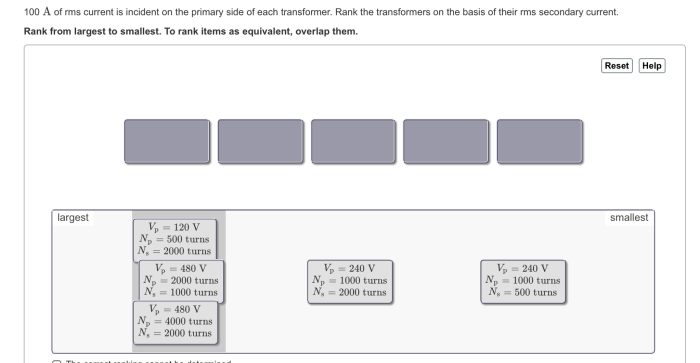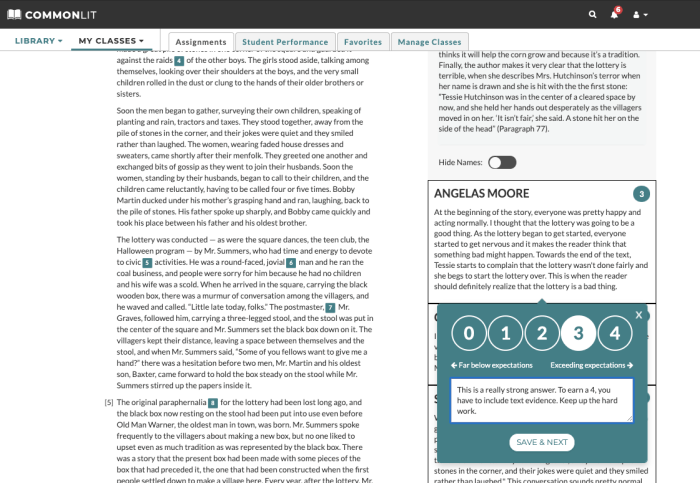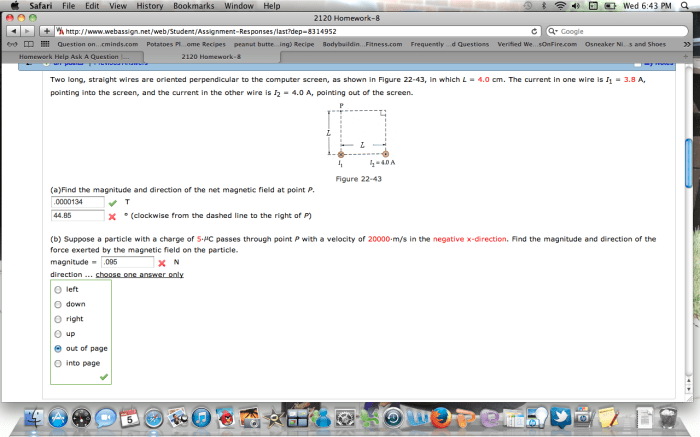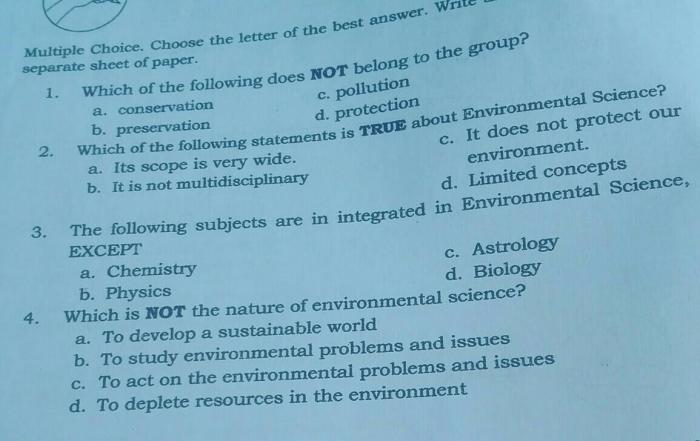Embarking on a philosophical expedition, we delve into the enigmatic realm of ethics, seeking to unravel the intricate tapestry of right and wrong. Guided by the illuminating lens of “how do we tell right from wrong commonlit answers,” this discourse unveils the multifaceted nature of morality, delving into the depths of ethical frameworks, cultural norms, personal values, and the art of critical thinking.
Throughout history, philosophers and scholars have grappled with the elusive concept of right and wrong, proposing a myriad of ethical frameworks to guide our moral compass. Utilitarianism, deontology, and virtue ethics emerge as prominent paradigms, each offering a unique perspective on the pursuit of the “good.”
Cultural and social norms, deeply ingrained in the fabric of our societies, exert a profound influence on our perceptions of right and wrong, shaping our moral judgments and behaviors.
Ethical Frameworks

Ethical frameworks provide a systematic approach to defining right and wrong. They establish principles and guidelines that help individuals and societies determine the moral implications of their actions.
Utilitarianism
- Evaluates actions based on their consequences and seeks to maximize overall happiness or well-being.
- Assesses the utility of an action by considering its potential benefits and harms to all affected parties.
Deontology
- Focuses on the inherent rightness or wrongness of actions, regardless of their consequences.
- Based on moral duties and obligations that are considered universally binding.
Virtue Ethics, How do we tell right from wrong commonlit answers
- Emphasizes the development of virtuous character traits, such as honesty, courage, and compassion.
- Believes that ethical actions are those that align with these virtues.
Cultural and Social Norms

Cultural and social norms shape our perceptions of right and wrong by providing guidelines for acceptable behavior within a society. These norms vary across different cultures and time periods.
For example, in some cultures, it is considered wrong to eat meat, while in others, it is an acceptable part of the diet. Similarly, what is considered appropriate dress in one society may be deemed inappropriate in another.
Personal Values and Beliefs

Personal values and beliefs play a significant role in shaping our moral judgments. These values are influenced by our upbringing, experiences, and education.
For example, someone who values honesty may be more likely to tell the truth, even if it is difficult or inconvenient. Similarly, someone who believes in the importance of compassion may be more likely to help those in need.
Reasoning and Critical Thinking: How Do We Tell Right From Wrong Commonlit Answers

Reasoning and critical thinking are essential for making ethical decisions. They allow us to evaluate arguments, identify logical fallacies, and consider different perspectives.
When faced with an ethical dilemma, it is important to use critical thinking skills to analyze the situation, consider the potential consequences of different actions, and make a decision that is consistent with our values and beliefs.
FAQ Summary
What is the significance of ethical frameworks in determining right and wrong?
Ethical frameworks provide a structured approach to ethical decision-making, offering principles and guidelines that help us evaluate actions and determine their moral implications.
How do cultural and social norms influence our perceptions of right and wrong?
Cultural and social norms shape our moral beliefs and behaviors, creating a shared understanding of what is considered right or wrong within a particular society or group.
What role do personal values and beliefs play in ethical decision-making?
Personal values and beliefs, shaped by our upbringing, experiences, and education, serve as internal compasses, guiding our moral judgments and actions.
Why is reasoning and critical thinking crucial in ethical decision-making?
Reasoning and critical thinking enable us to evaluate arguments, identify logical fallacies, and make informed ethical decisions based on sound logic and evidence.